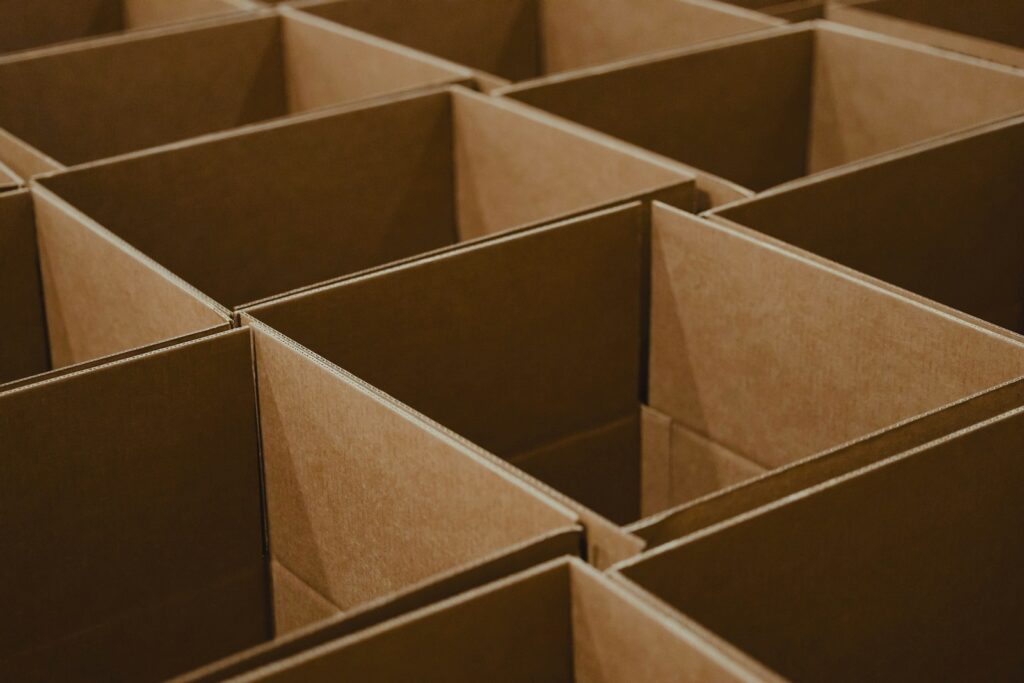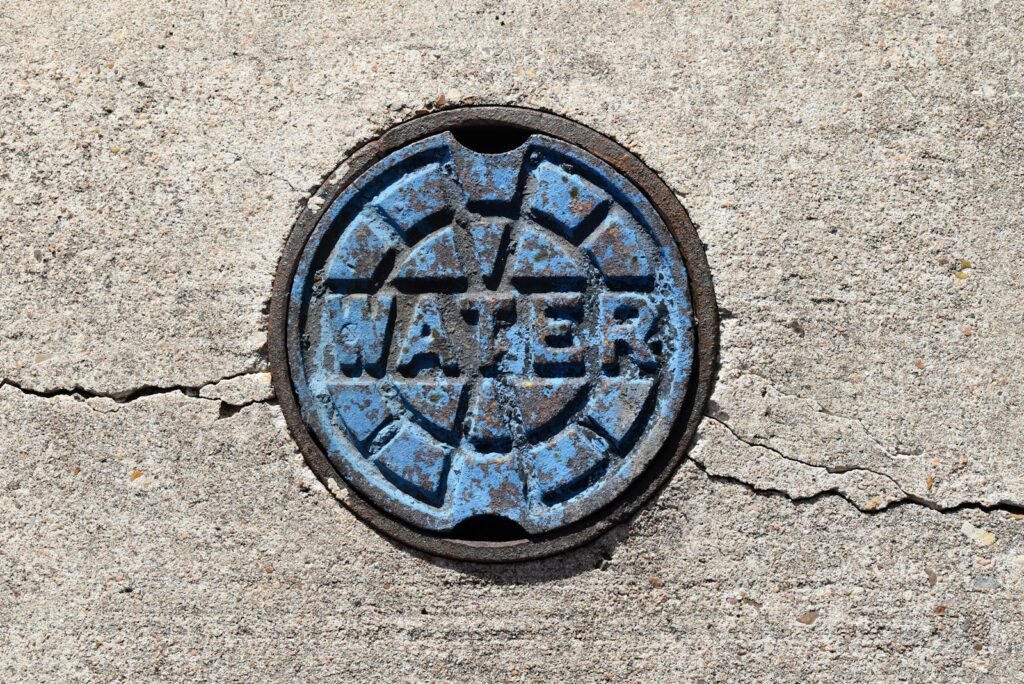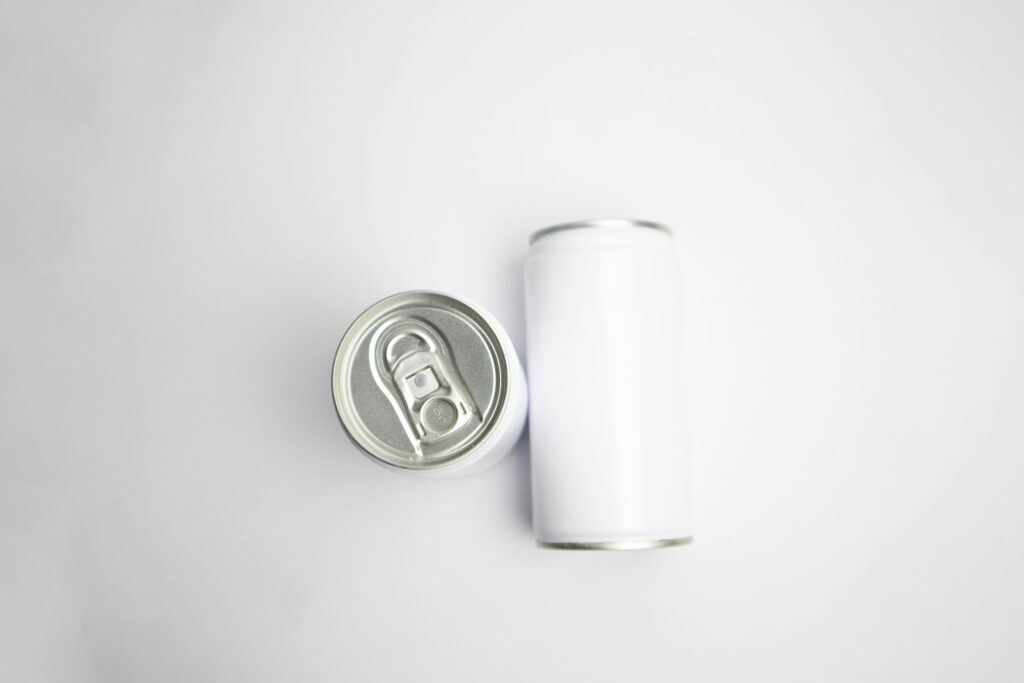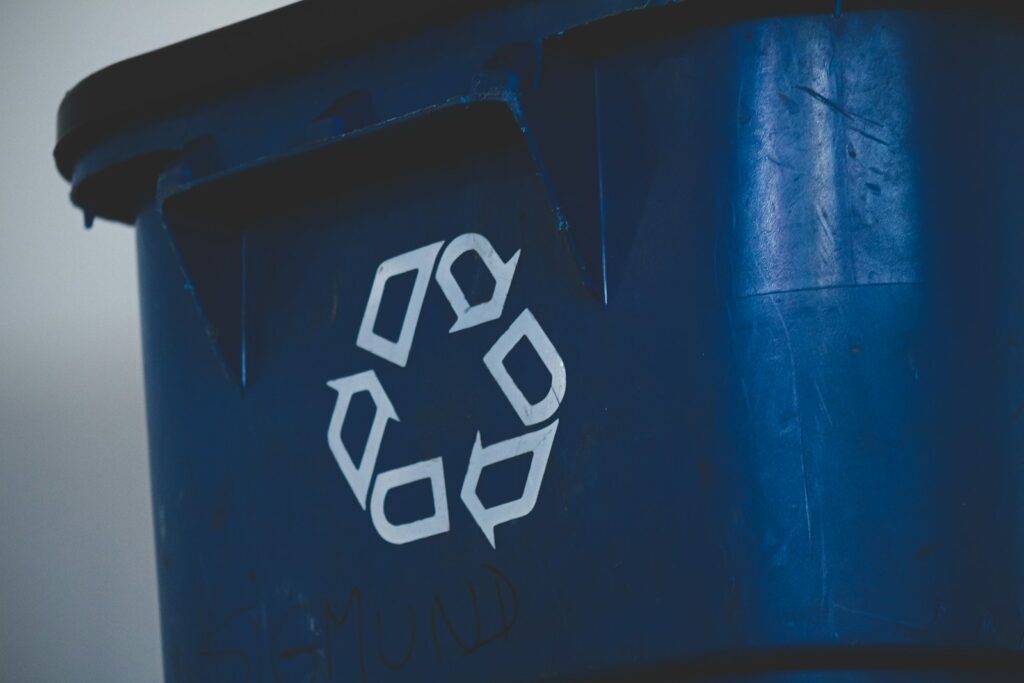Consumers should demand electronic products be made from recycled plastics, says Post-Consumer High-tech Recycled Polymers for a Circular Economy (PolyCE) a European Commission-funded project supported by the United Nations.
According to the Nordic Council of Ministers, plastics account for about 20% of all materials in electronic equipment (EEE), with most of it not designed for recovery and reuse.
Of the more than 12m tonnes of e-waste expected next year in Europe, an estimated 2.5m tonnes will be from plastics.
Plastics are essential for making many different components of electronic products, but according to PolyCe, the products could be designed in ways that make the material recovery of the plastic components easier.
They believe that recycling plastics would not only take the pressure off waste systems but every tonne recycled would also help avoid up to three tonnes of CO2 emissions created by making new plastic.
A recent consumer survey carried out by the PolyCE found that half of the respondents didn’t know if they’d ever brought a tech product that included recycled plastic.
After being informed about the health and environmental benefits of recycled plastic, 95% of those surveyed confirmed that they would buy recycled products in the future.
UN University e-waste expert Ruediger Kuehr said: ‘The consumer has absolutely an vital role in a sustainable, circular economy and manufacturing system.’
‘The first is to postpone replacing electronic and electric products by repairing old ones. And when these products are discarded, recycle them properly. Consumers should also favour products made with recycled plastic and use their individual purchasing power to support products that have been designed out of waste.’
‘Manufacturers, meanwhile need to improve designs so that a product’s plastic components are more easily recovered for recycling, use recycled plastic in their products and then advertising that feature to consumers.’
‘In the end, the realisation of a circular economy will be a joint effort between product designers, manufacturers, and material recyclers, as well as consumers.’
In related news, a new EU-funded project will turn discarded fishing nets and other marine plastic waste into household products.
Photo Credit – Pixabay
















